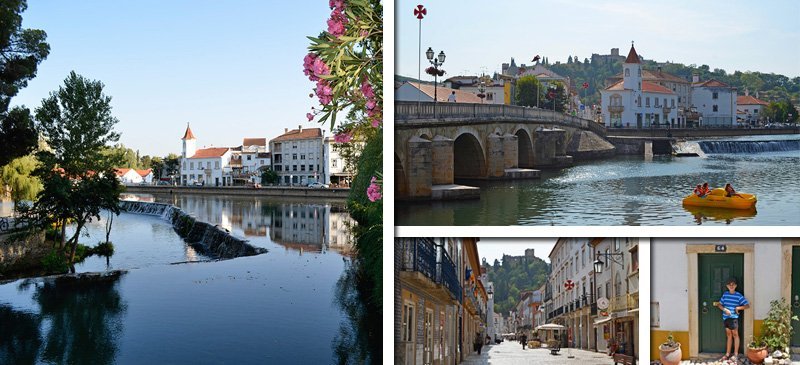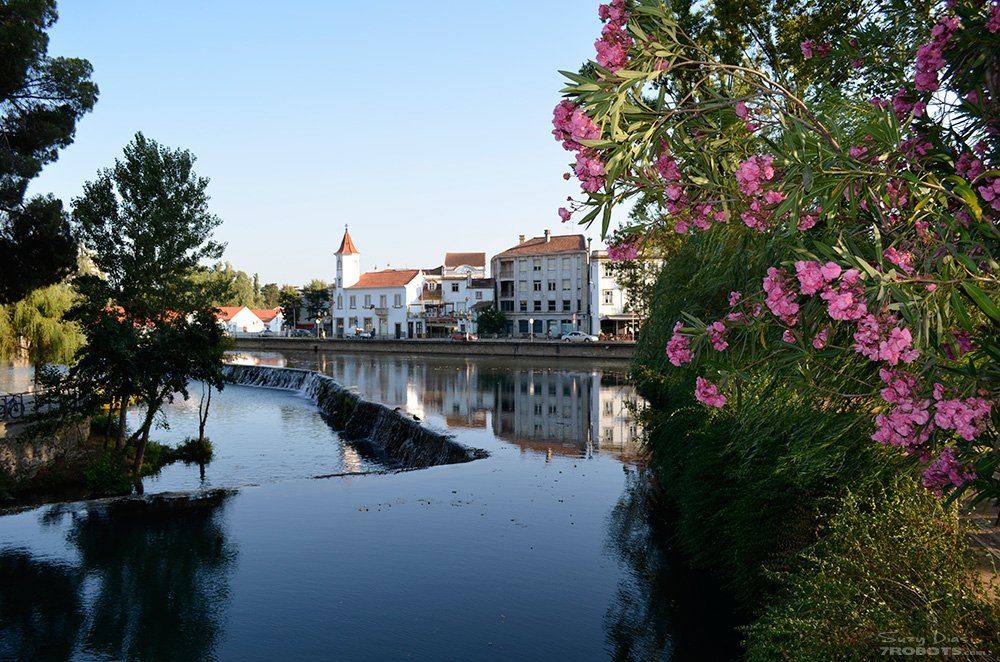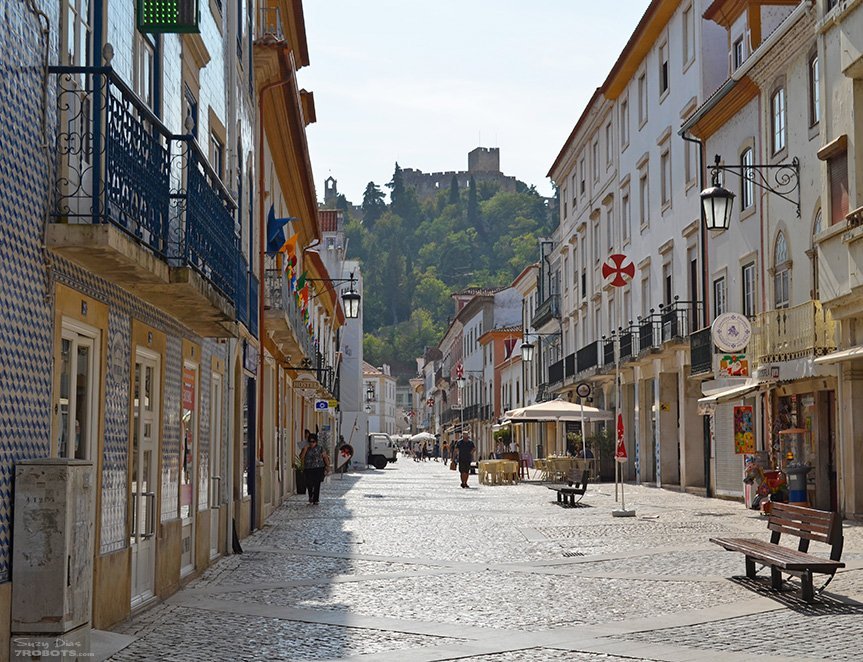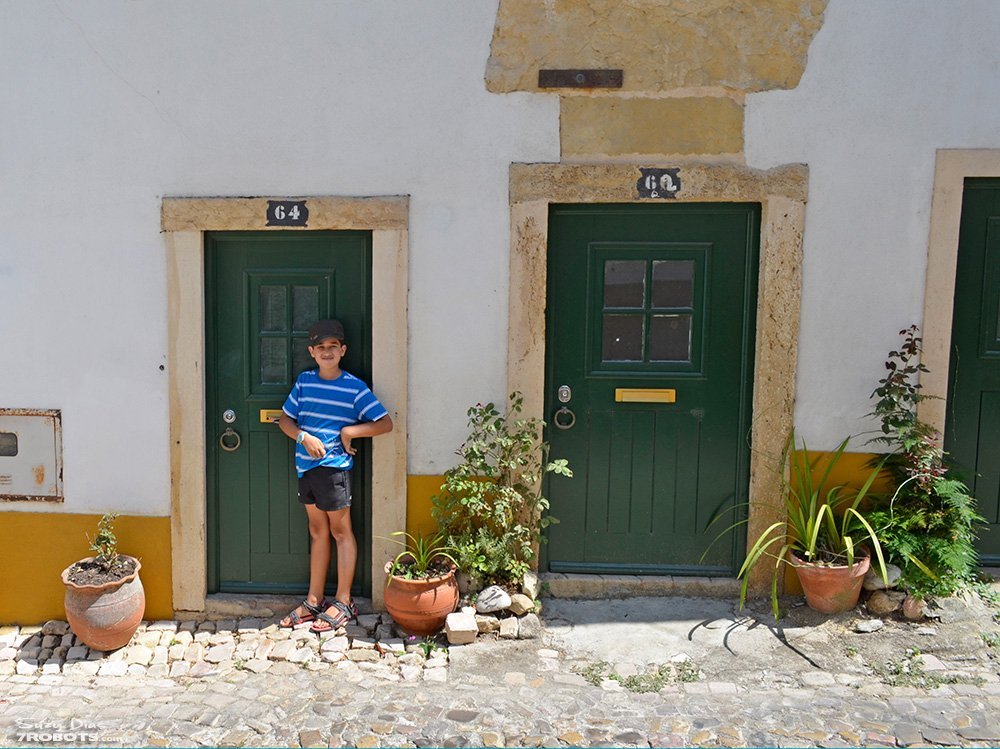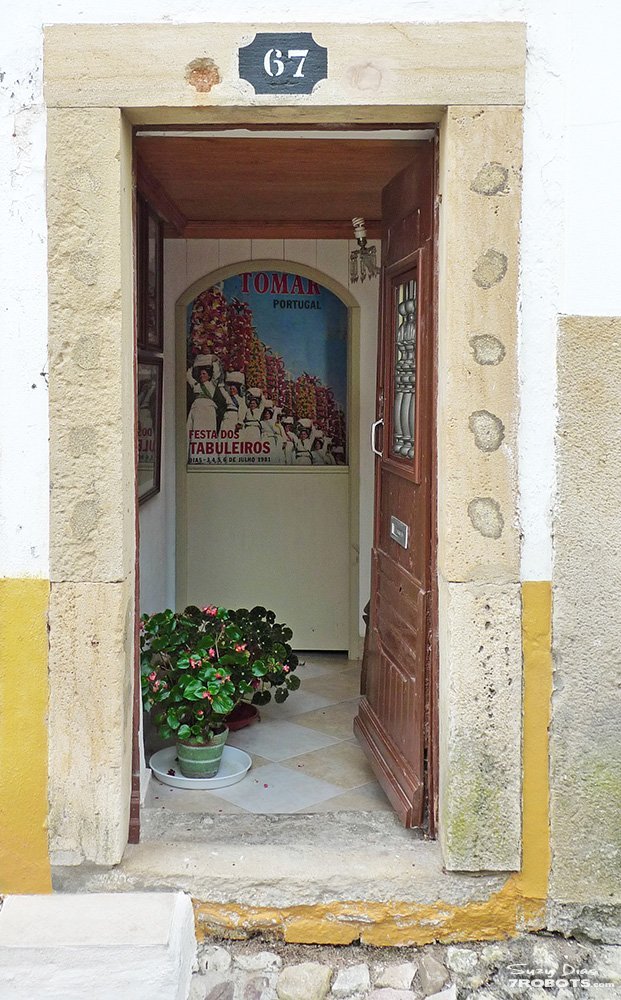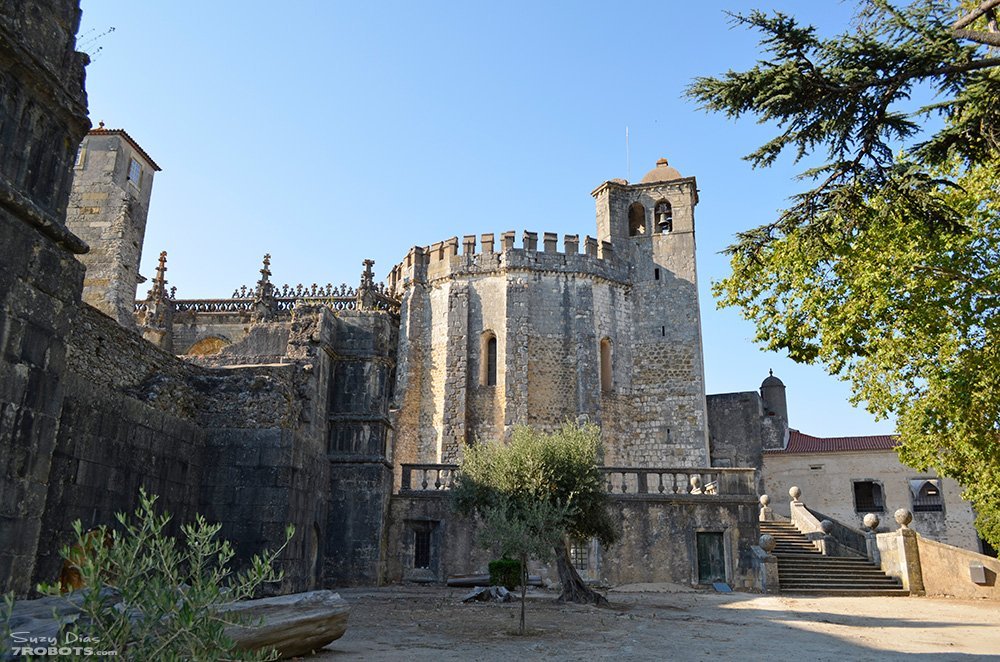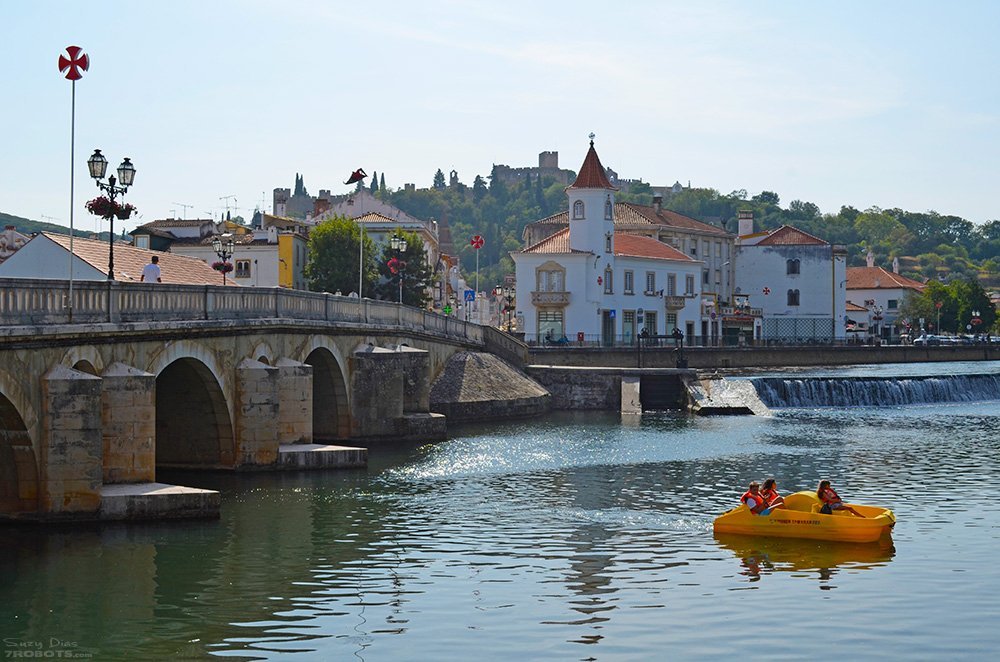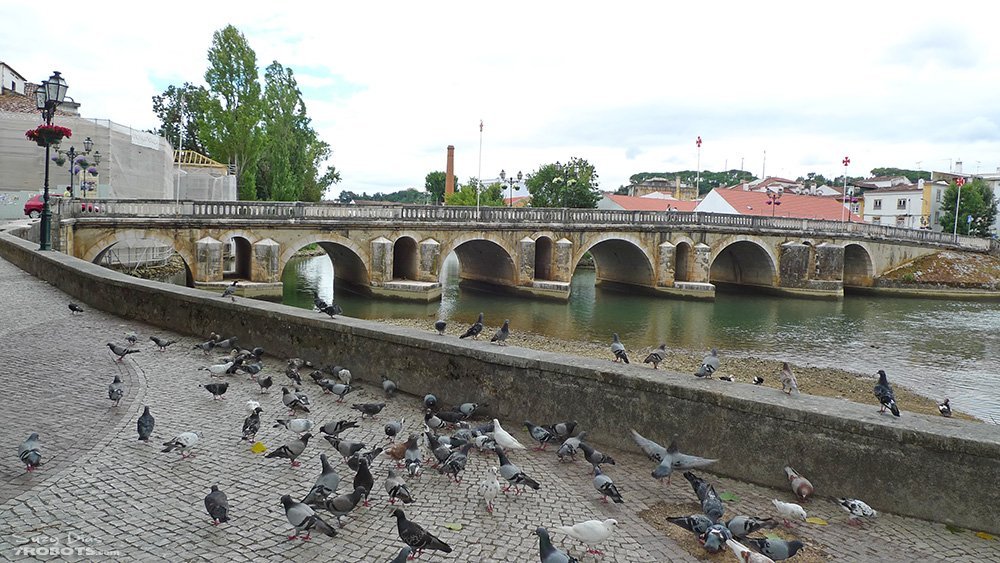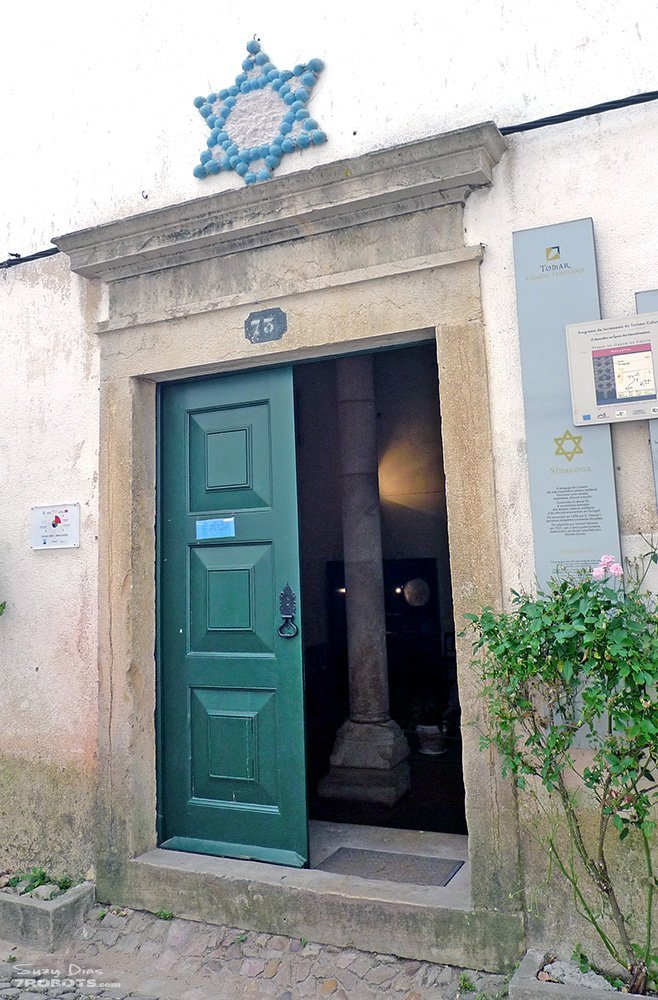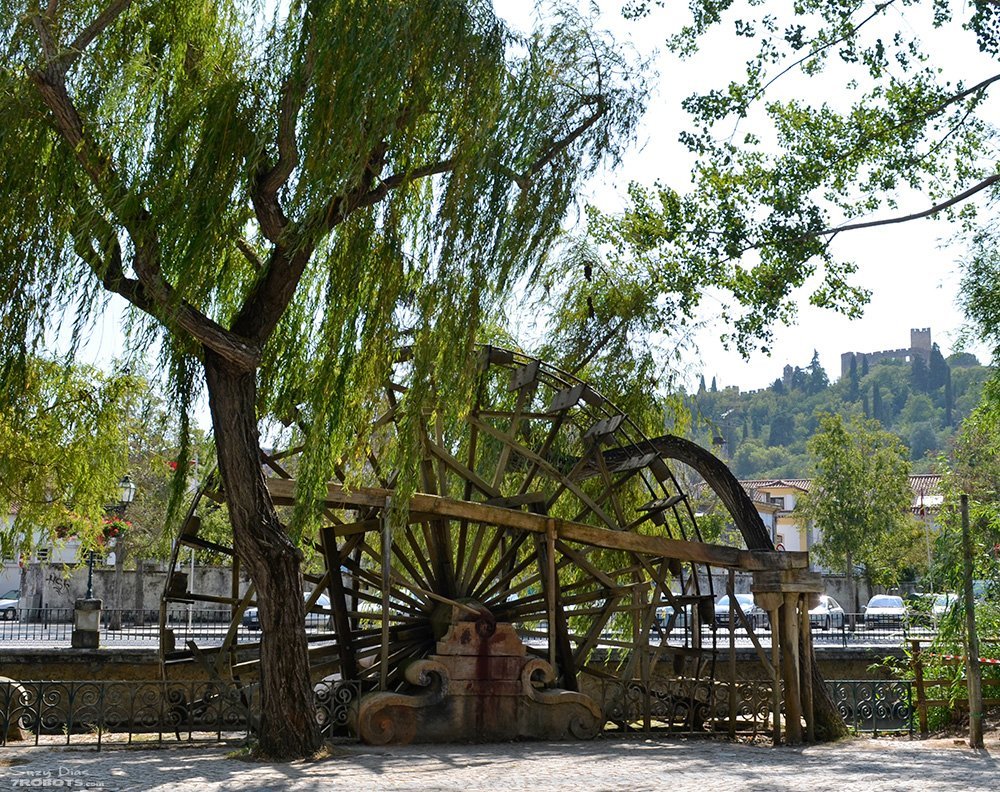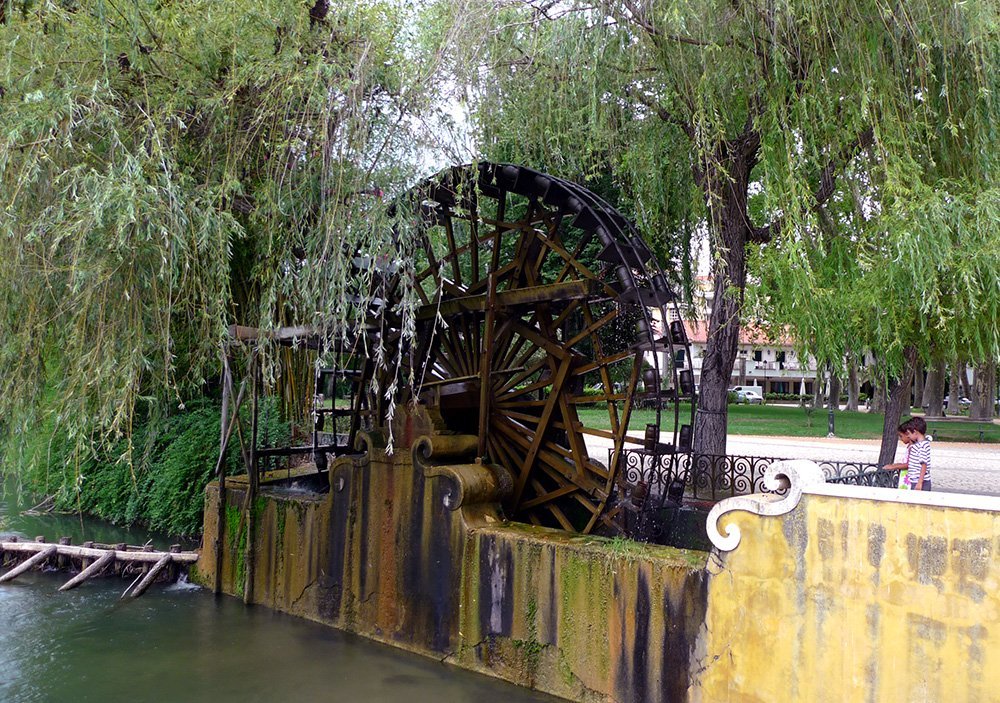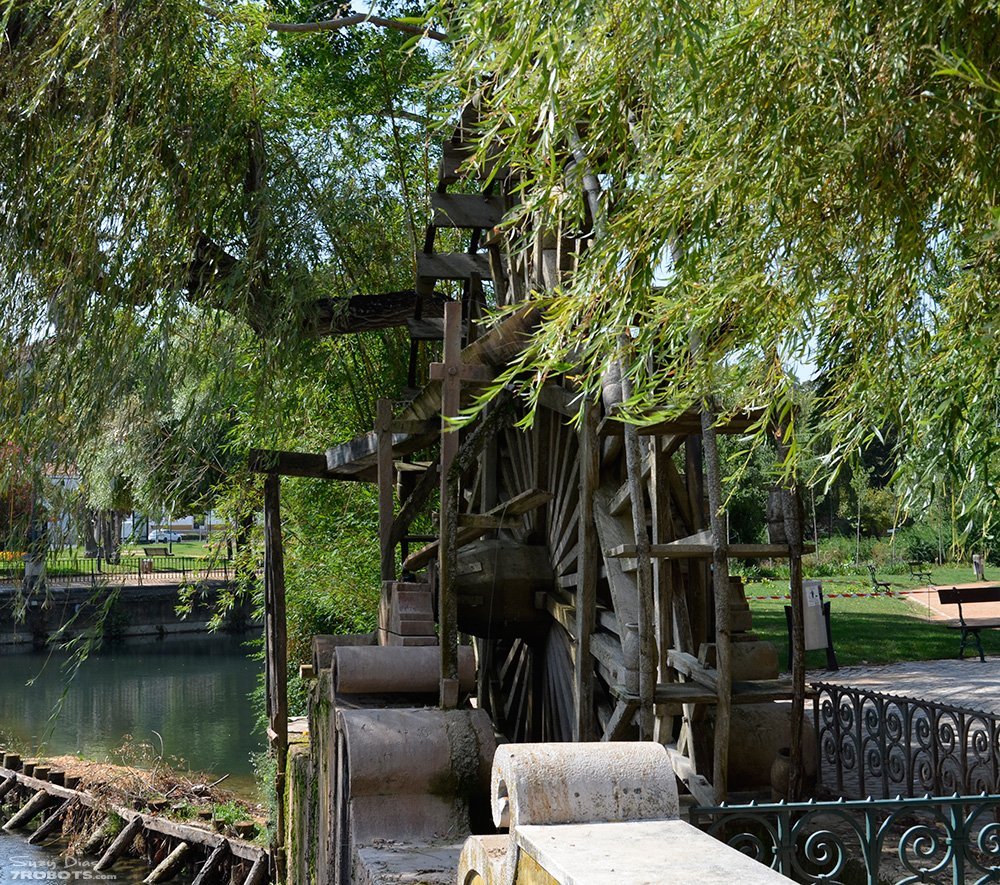Tomar Portugal is a wonder to behold
Tomar is a picturesque town in central Portugal with an air of mystery. Set along the banks of the Nabão River and filled with ancient churches, a pedestrian-friendly city center, pretty cobbled streets, traditional white washed houses, six bridges and a giant castle-like structure at the top of a hill. What’s not to love for the curious traveler?
Tomar was a Roman city
Under the modern city of Tomar lies the Roman city of Sellium. It was later named Nabantia under Visigoth rule.
Tomar 12th century historical jewel
Tomar was constructed under the orders of Gualdim de Pais, the fourth grand master of the Knights Templar in the late 12th century. “Tomar is one of Portugal’s historical jewels and more significantly was the last Templar town to be commissioned for construction. Tomar was especially important in the 15th century when it was a centre of Portuguese overseas expansion under Henry the Navigator, the Grand Master of the Order of Christ, successor organization to the Templars in Portugal. ” [click here to read more]
★ For more photos and posts on Portugal, including more about Tomar click here.
“The streets and squares of the picturesque centre of Tomar are organised following a chessboard pattern, a rare feature for a medieval city, instituted by Prince Henry The Navigator (Infante D. Henrique), which later inspired the pattern used for the rebuilding of Lisbon after the earthquake in 1755. Scattered throughout the town there are many interesting houses with Renaissance, Baroque and Romantic façades.” [click here to read more]
Lisbon to Tomar for a lovely day trip
Tomar is 140 km northeast of Lisbon and is a great idea for a day trip. You can drive or take a direct train or bus. If you’re traveling with children as I did, there’s a lovely park for them to play and eat something at the cafe located next to the park.
With small children, I highly recommend driving up to the Convento de Cristo or getting a taxi. If not, you’ll have to walk up a long set of medieval steps. It’s challenging enough for adults, but trying to carry a child or push a stroller is next to impossible. My kids are 8 and 10 and were able to walk up with us without a problem…although we promised them ice cream once we reached the top. A little motivation never hurt.
Tomar City of the Knights Templar
Gualdim Pais fourth grand master of the Knights Templar
Dom Gualdim Pais (1118 – 1195) was a Portuguese crusader and the fourth grand master of the Knights Templar. He was in the service of the first King of Portugal, Afonso Henriques. In 1159, after the conquest of the region from the Moors in the Portuguese Reconquista, the land was granted to the Order of the Knights Templar as a fief or fee for services.
Gualdim Pais is the founder of the city of Tomar. In 1160 he began construction of the Convento de Cristo, what would later become the headquarters of the Order or Christ in Portugal.
Tomar’s Knights Templar and the Order of Christ
In 1307, Pope Clement V had many of the members of the Knights Templar in France arrested, tortured into giving false confessions, and burned at the stake. King Philip IV of France disbanded the Order in 1312. In 1314, under the pressure from Pope Clement V, the Templars were banned through Europe.
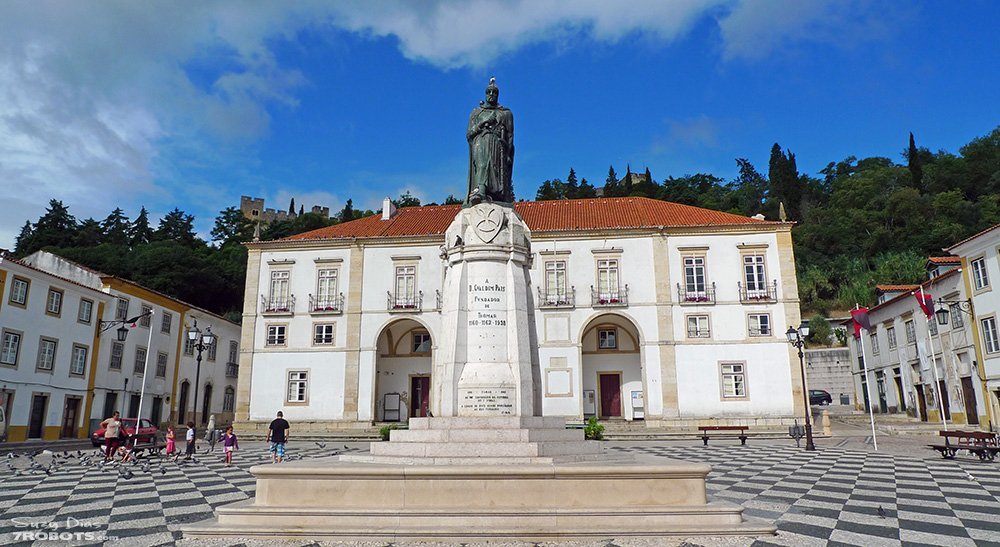
Tomar was a refuge for the Knights Templar
Much of what you may have read about the Knights Templar is focused on France and perhaps the UK, but the last chapter in their history was written in Portugal.
In 1319, King Dinis of Portugal persuaded Pope John XXII to allow fugitive Templars to join, with their possessions, the newly created Order of Christ.
Old Bridge (Ponte Velha)
Tomar’s Old Bridge, also known as Dom Manuel Bridge, crosses the Nabão River and leads you to the historic city center.
Medieval Synagogue of Tomar
The Synagogue of Tomar was built between 1430 and 1460 in the Jewish quarter of mid-15th century. Today it also houses a museum, the Museu Luso-Hebraico Abraão Zacuto. The synagogue is believed to be the oldest preserved synagogue in Portugal. In 1921 the building was classified national monument.
“From the outside, it does not look different from the other houses in the street. The current main entrance, facing North, did not exist in the Middle Ages. It was the gothic pointed arch facing East – the direction of Jerusalem – that used to be the main entrance to the temple. [click here to read more]
Tomar’s Water Wheel
This wooden water wheel sits on the Nabão River and welcomes you to the island of Mouchão Park. The lovely willow trees provide a charming setting. Since its Roman days a millennium ago when Tomar was called Sellium, water wheels were used for irrigation purposes and as a power source.
★ For more photos and posts on Tomar and Portugal, click here.
